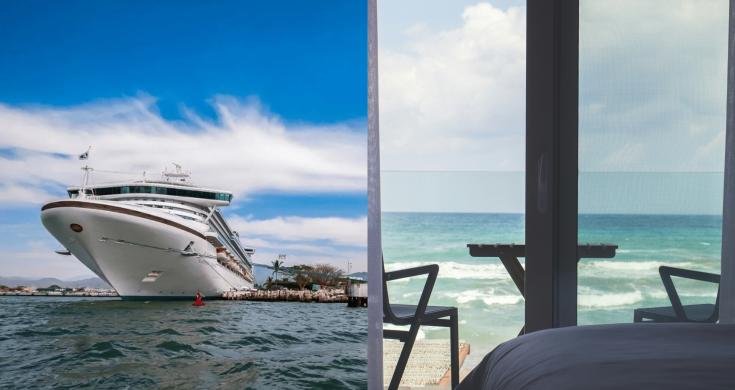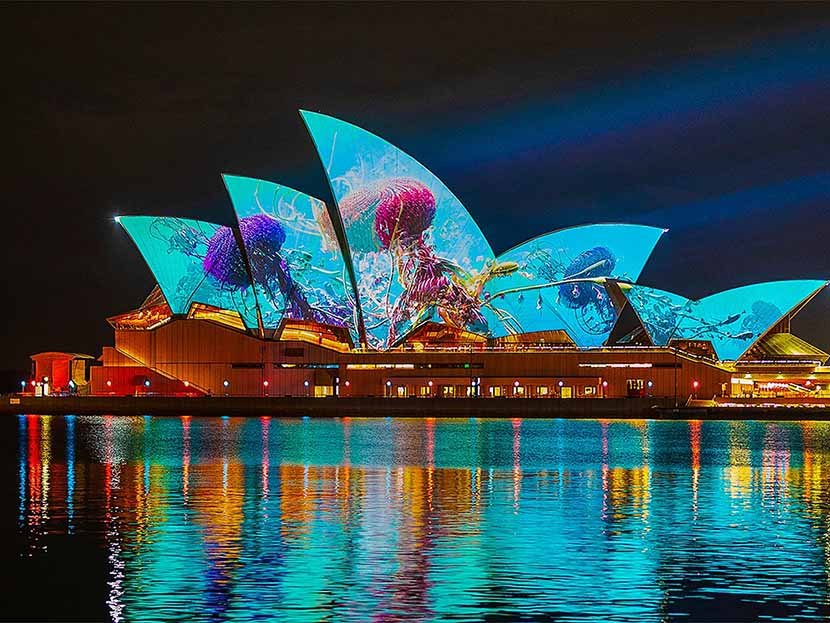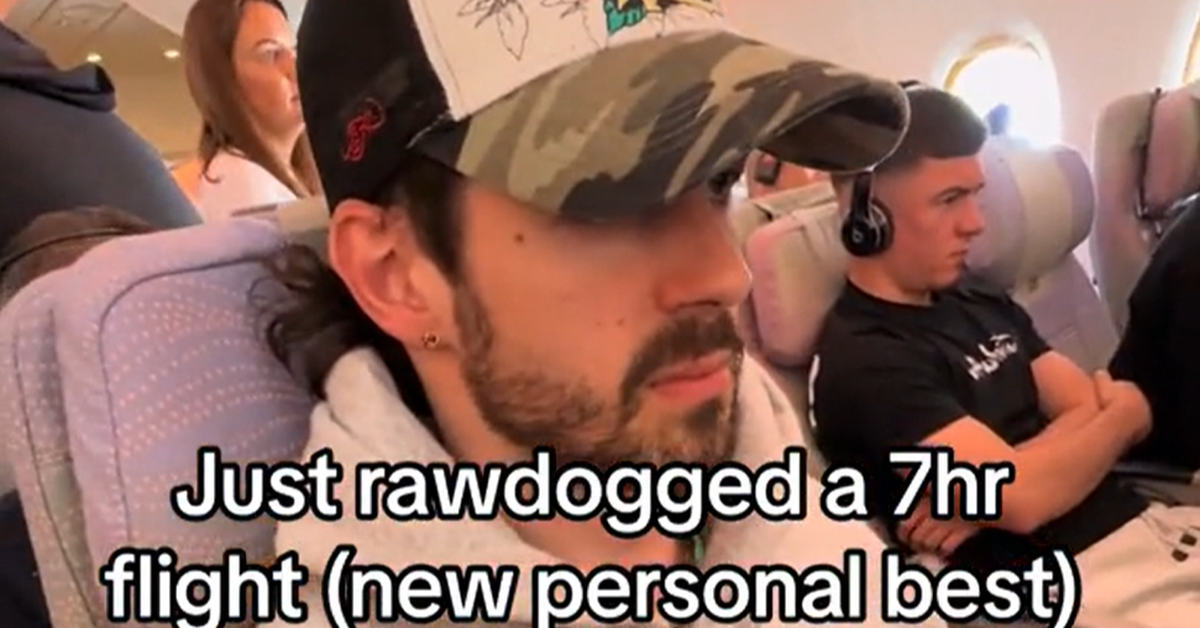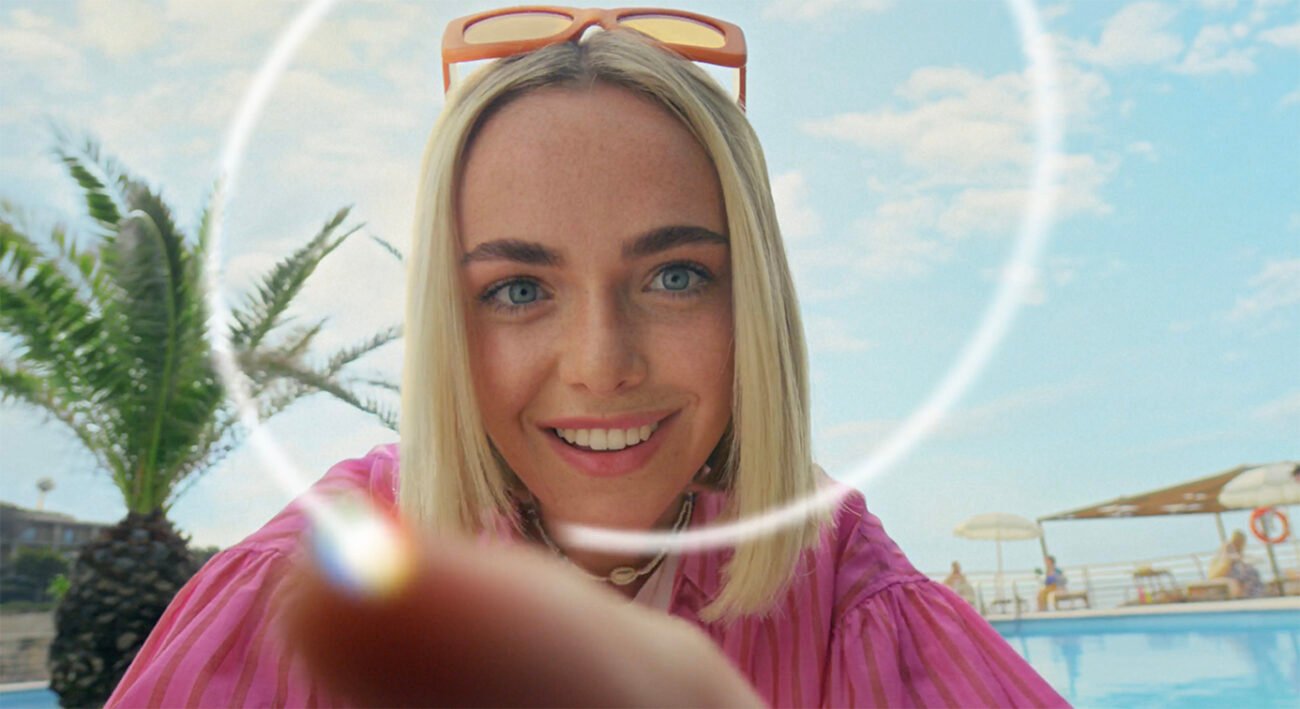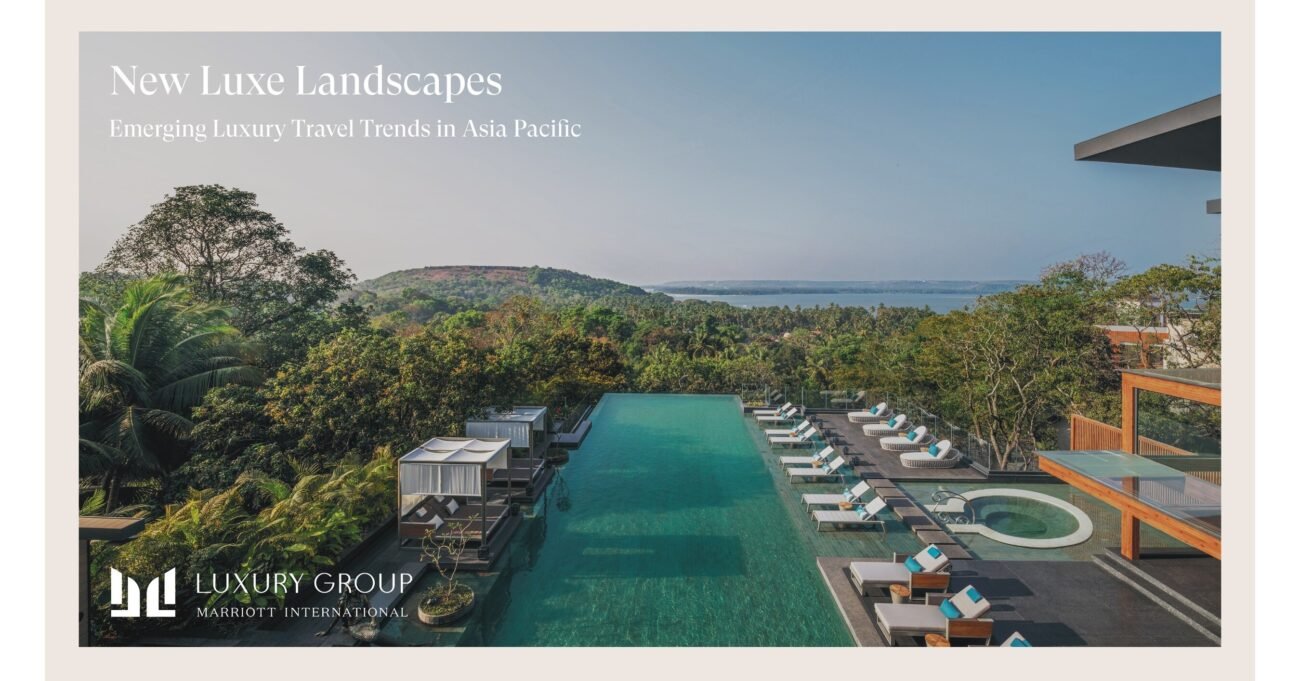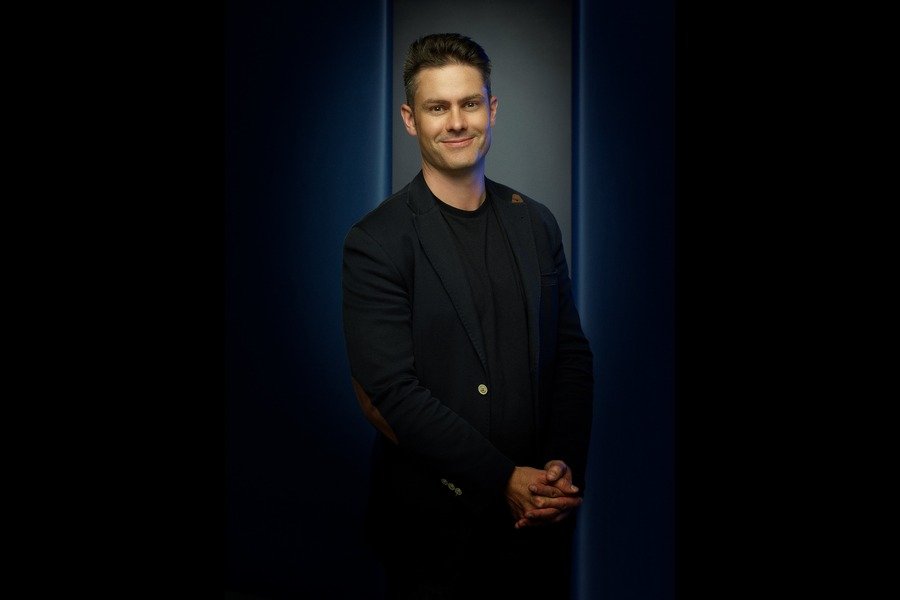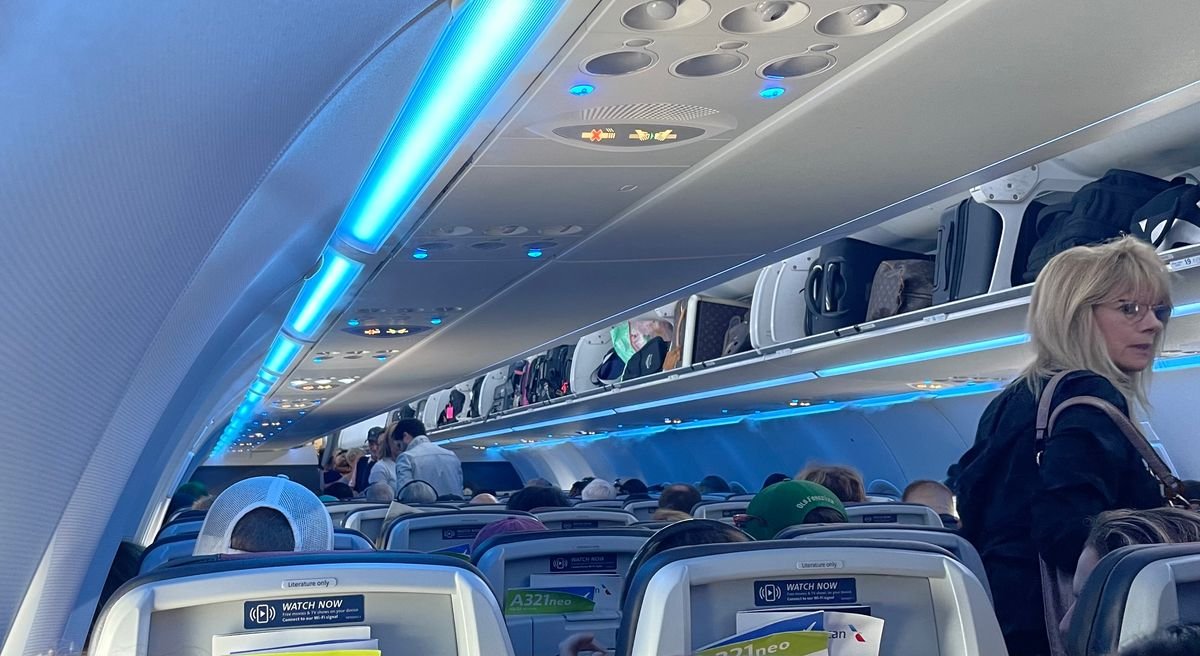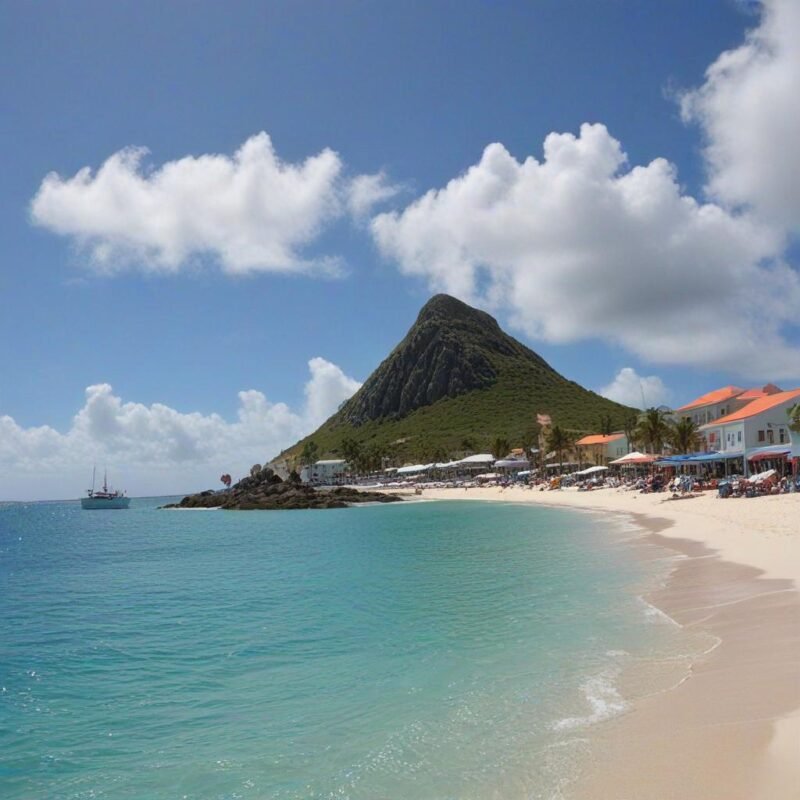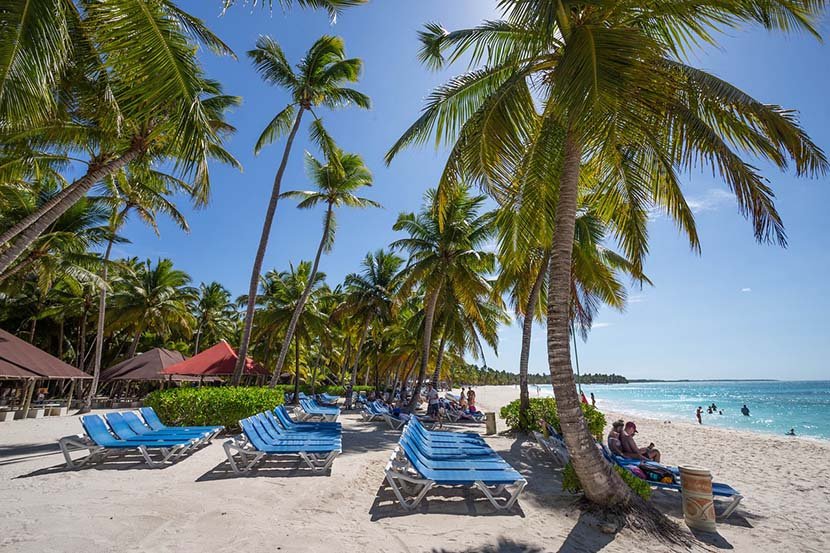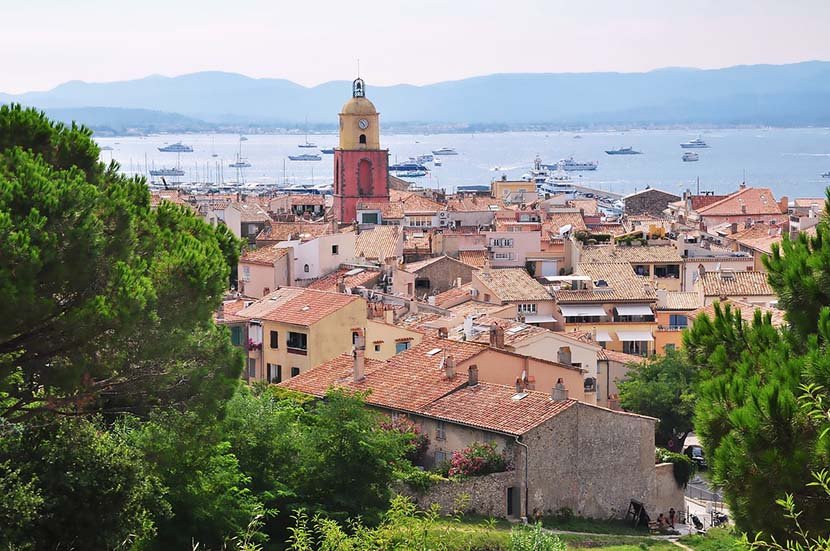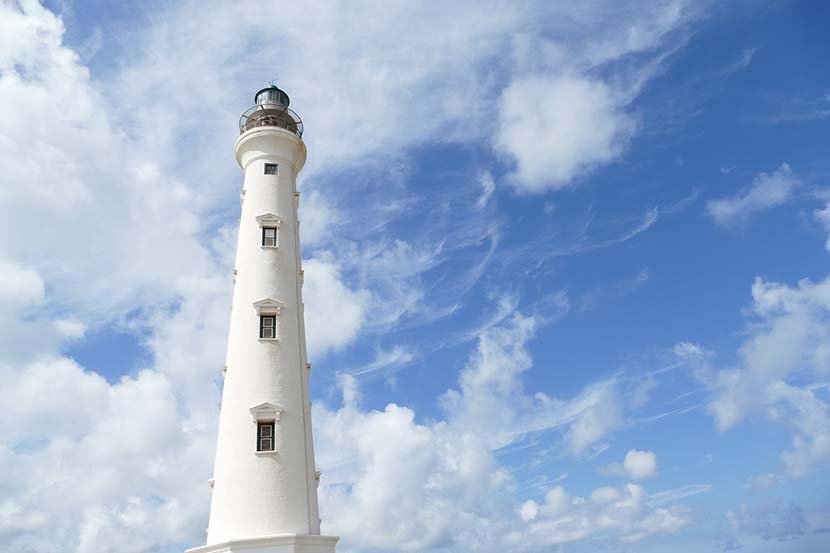Arnie Weissmann, editor in chief, Travel Weekly: Aziz, what motivated you to begin these tours with Scott?
Aziz Abu Sarah, co-founder, Mejdi Tours: I didn’t grow up within an environment of peacebuilding or conflict resolution; I grew up in circumstances that were exactly the opposite. When I was 9, my older brother was arrested on suspicion of throwing rocks at Israeli soldiers and taken to prison. As a result of beatings he received there, he died. He was 19.
That shaped a lot of my understanding of the world then. I was very angry, very bitter, very focused on the idea of vengeance. I became politically active. By the time I was 16, I was editing a magazine and writing very angry articles.
I boycotted mandatory Hebrew classes in my school but needed the language to get a job, so I became the only Palestinian in a Hebrew class for new Jewish immigrants. That was my first real interaction with people who lived literally 20 minutes’ walking distance from my house. I often think that that’s the first real trip I’d taken in my life.
My teacher greeted me in Arabic and made me feel welcome. She encouraged everyone in the class to share their interests and cultures, which for me included country music and coffee. I became friends with my classmates. That informed my understanding of the work that, eventually, Scott and I began.
I realized that the biggest problem we have — and not only in Palestine and Israel — is that we build walls of ignorance and stereotypes and fear, and we’re unable to pass through them to see who’s on the other side. So, when I was 18, I decided that what I wanted to do with my life is figure out ways to break down those barriers.
Scott and I worked together on peacebuilding missions in Afghanistan, Syria, Colombia and Northern Ireland. And while doing that work, we realized we wanted to do something more sustainable toward peacebuilding. We wanted to reach many more people, and it occurred to us that people, when they travel, are more open to hear things they might never hear otherwise.
We came up with this concept called dual narrative. We thought, what if we had an Israeli and a Palestinian co-lead tours together, and in Northern Ireland, put in a Unionist Protestant and a Nationalist Catholic, and in the Balkans have both Serbian and Bosnian guides? And, on the tours, visit people with different positions, from different walks of life?
So, in Northern Ireland, we meet people who are for the Good Friday Agreement and those who are against it, people who lost family members and people who fought against each other. We want to hear everyone, including those still angry today and who think that the peace agreement wasn’t a good deal.
But we also feel that it’s important, in addition to meeting people, that we still have a lot of fun. And I think that’s key, because when people travel, they still want to have fun.
We’ve even done it in Washington with a Democrat and a Republican. But that’s the hardest one to sell. Americans want to hear dual narratives until it comes home. I’ve even heard Israelis and Palestinians ask, “Why can’t they get along?”
In addition to our own tours, we have been working with National Geographic Expeditions since 2012, and we run seven or eight trips a year for them in Israel and Palestine, though now it’s on hold because of everything that’s going on.
Mark Ellwood, editor at large, Robb Report: Tourism has restarted there to a degree — EasyJet flights are going back into Tel Aviv. You must be considering, is there a path to restarting the tours there, and if so, how?
Abu Sarah: We actually have restarted, though not yet with National Geographic. Our staff is very mixed; we have both Israeli and Palestinian staff, and the amazing thing is, they still work together. I just went on a trip in March, and we had an Israeli and a Palestinian co-lead it. We met with communities that lost hostages, we had people from Gaza who Skyped with us, and there were people who had just left Gaza. We met with people who are involved in the negotiations. Then we did some touring, but even that was very informed about what’s going on — we feel right now we can’t just go and do a normal tour.








